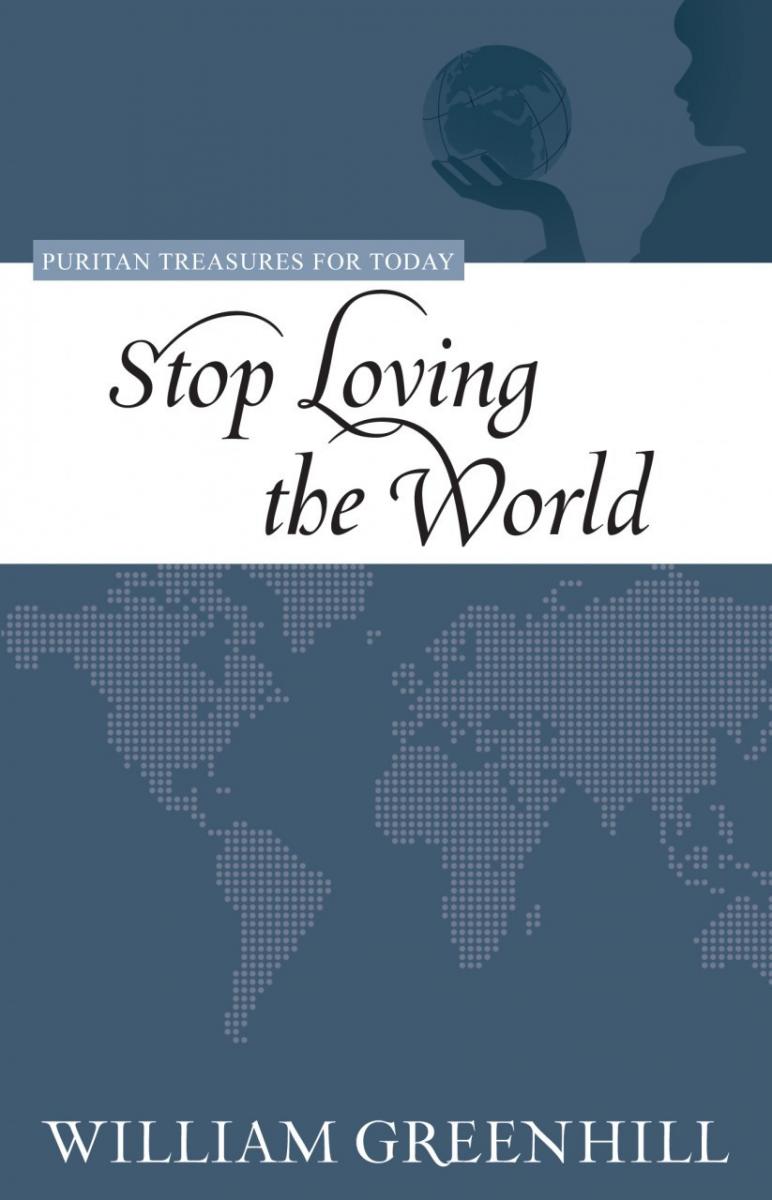Book Review: Stop Loving the World

Feb 23, 2016
 William Greenhill, Stop Loving the World, ed. Jay T. Collier (Grand Rapids: Reformation Heritage Books, 2010). 73pp.
William Greenhill, Stop Loving the World, ed. Jay T. Collier (Grand Rapids: Reformation Heritage Books, 2010). 73pp. Worldliness is an increasing problem in Western Christendom. No one wants to admit that they are worldly, but the tragic fact is that Christians have often lost sight of how the Bible defines worldliness, replacing it with vague notions about what “those other people” are doing. In this second installation of Puritan Treasures for Today, Jay Collier has carefully updated the language of William Greenhill’s sermon on this topic. Jay is the editor for Reformation Heritage Books and he is well qualified for this task through his ample experience with using and reprinting Puritan literature. Greenhill was very influential in his time, but until now, few of his works have been reprinted. This old author can now serve as a fresh voice to help us address a contemporary problem.
This lengthy sermon has been divided into six chapters, resulting in a short and easily accessible book. Jay has done an excellent job with chapter divisions, subheadings, and bullet points, making the thought of the book easy to follow.
In this work, Greenhill plumbs into the depths of our hearts and asks hard questions. The problem with loving the world is that we hate it when our inordinate love is pointed out to us. Based upon the imperative in 1 John 2:15, the author summarizes John’s meaning: “Do not love the creatures of the world, the customs and fashions of the world, or the splendor, pomp, glory, and worship of the world. These three meanings of 'world' are all understood in our text” (p. 5). The topic of worldliness is extensive, but the primary test of worldliness is simple: is the glory of God and Jesus Christ the primary theme that sets the context for all the activities of our lives? (pp. 20-21). If we live for the next world rather than for the present world, then doing so will transform everything that we do in this life.
Two examples illustrate Greenhill’s point in a way that should strike home with modern readers. When we consider a calling in life, do we pursue that which profits us most or that which fits us best? (p. 39) If we are more concerned with our earthly profit than with a realistic and God-glorifying use of our gifts, then we are worldly to that extent. Another point is that our convictions must precede our applications (p. 65). Too often our tendency is to pursue what we want and then to justify it in hindsight by claiming that we are doing everything to God’s glory.
This reviewer thinks, for example, of Reformed Christians who drink too much beer and smoke too many cigars because it is their “Christian liberty” to do so. While there is nothing wrong with beer or cigars, obesity and cancer may lead us to question whether we have used these liberties moderately in Christ’s name, giving thanks to God the Father through him, or simply justified our worldliness in the name of Christian liberty. Greenhill does not let us get away with this kind of thinking. Instead, our lives must follow our convictions as the Word of God shapes them. We must live conscientious and self-consciously intentional Christian lives. This is the lion’s share of the cure to the worldliness that is creeping in unawares upon the Church today.
Read this book to be convicted, to pray, to repent, and to follow Christ more closely.





